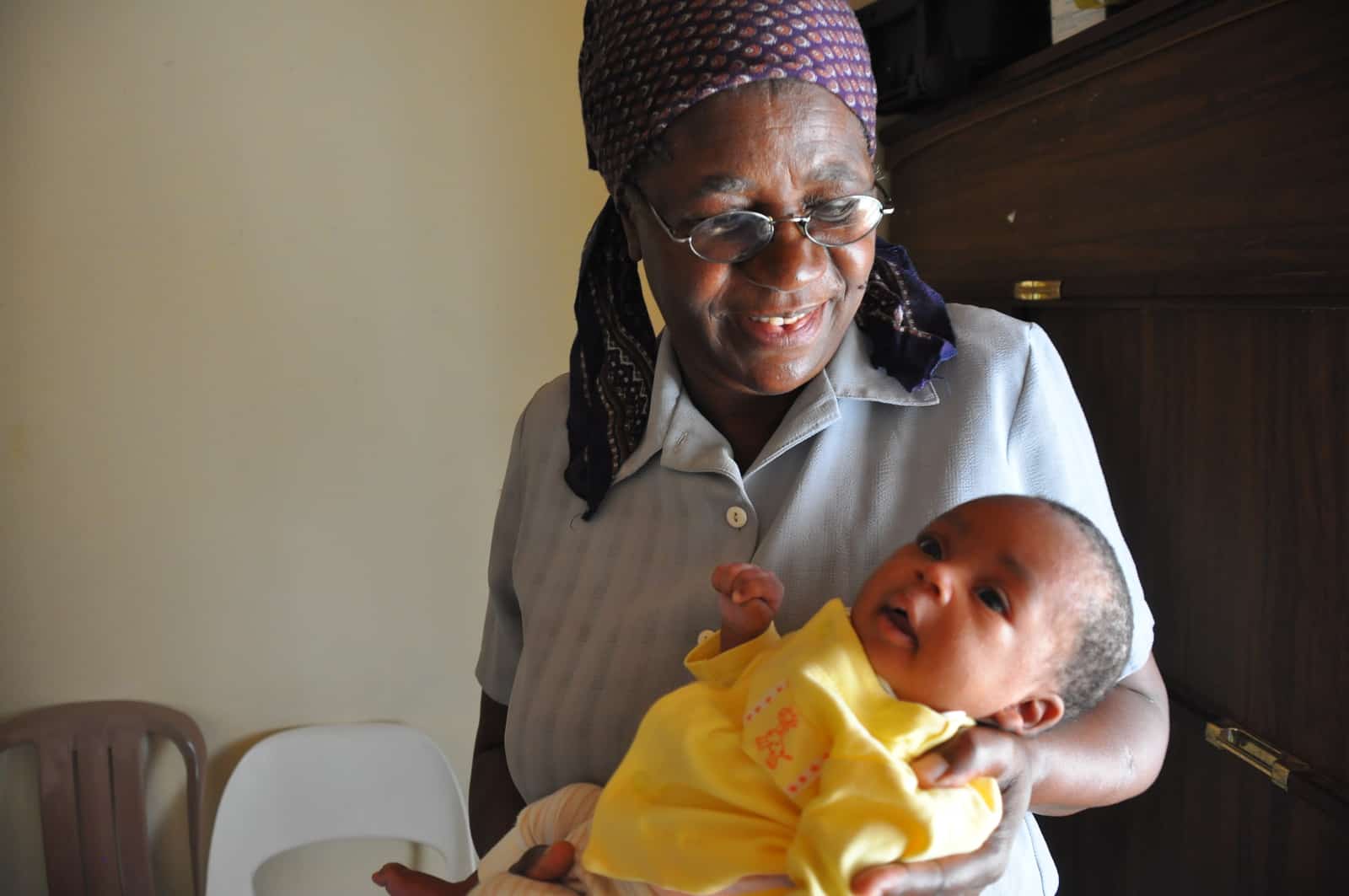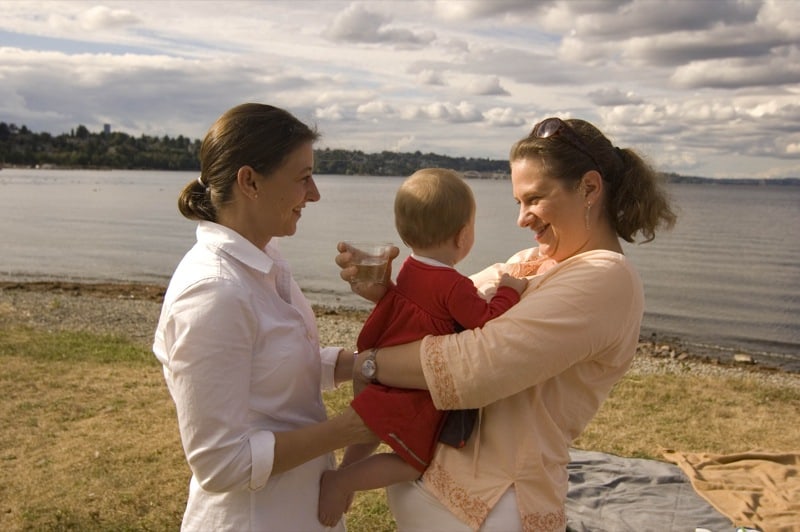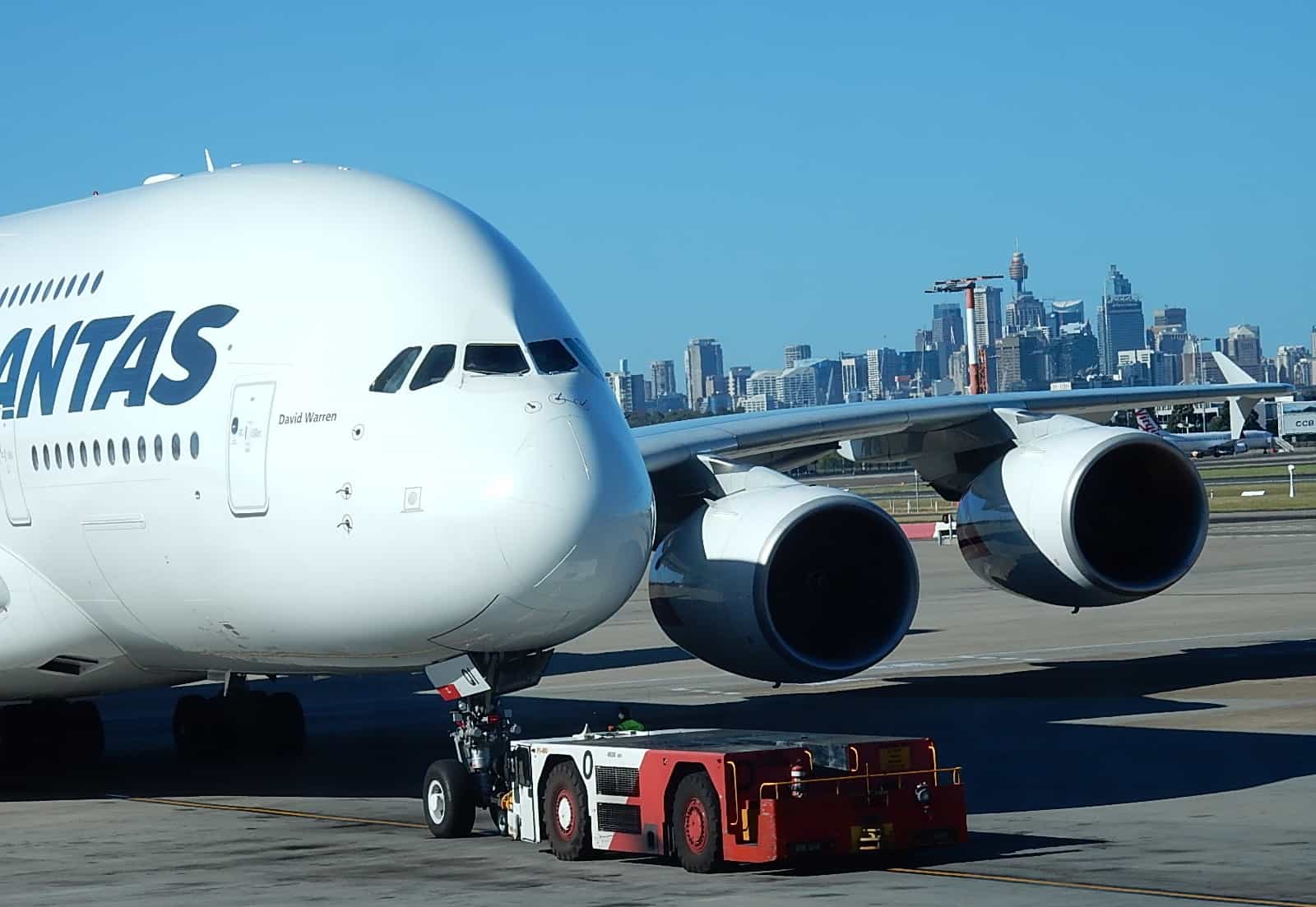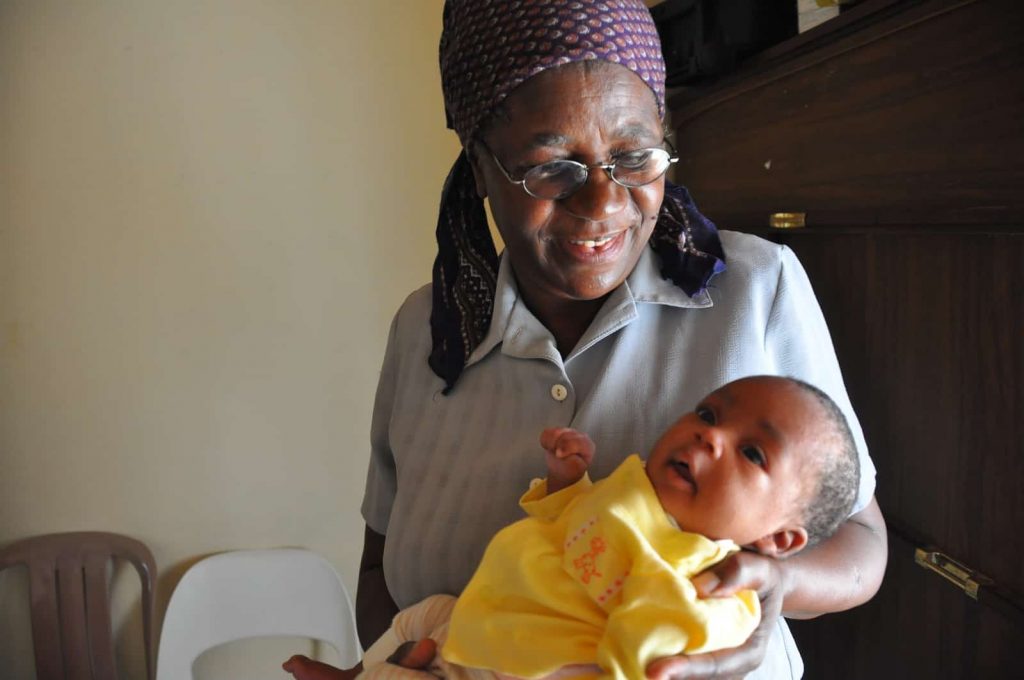What is a surrogacy agreement in NSW?
A surrogacy agreement in NSW is an arrangement where a woman (referred to as the surrogate or birth mother) agrees to become pregnant for another person or persons.
Once the child is born, the parentage of the child born as a result of the surrogacy agreement, and the pregnancy of the surrogate, will be transferred to the other person or persons (referred to as the intended parent/s) party to the agreement.
Within NSW, surrogacy agreements are governed under the Surrogacy Act 2010 (NSW).

The key issues within surrogacy regulation in NSW are as follows:
That both the intended parent/s and the surrogate and their partner must have had independent legal advice and counselling before entering into the surrogacy agreement.
That the surrogate is at least 25 years old and the intended parents at least 18 years old when the surrogacy agreement was made.
That a surrogacy agreement must be altruistic and that there must be no money paid to the surrogate, except for the reimbursement of reasonable medical and legal expenses.
That a commercial surrogacy agreement is illegal and the surrogate must not profit from the agreement.
That there must be a demonstrated medical or social need for the surrogacy agreement.
That a surrogacy agreement must be in writing and is not enforceable.
That after the child is born counselling or psychological assessment is undertaken.
That an application for a parentage order, to transfer parentage from the surrogate and their partner to the intended parents, is made to the Supreme Court of NSW, not less than 30 days and not more than 6 months post birth.
What is an international surrogacy?
An international surrogacy is a surrogacy arrangement where the surrogate lives in an overseas country and the intended parents live in Australia.
As a person who resides or lives in NSW pursuing an international surrogacy, you are bound by the Surrogacy Act 2010 (NSW) in all jurisdictions (because it applies extraterritorially).
This means that you may enter into an altruistic international surrogacy agreement and can reimburse the surrogate for their reasonable medical and legal expenses.
A person who resides or lives in NSW will have committed a criminal offence in NSW if they enter into, or offer to enter into a commercial international surrogacy agreement. The maximum penalty is 2500 penalty units in the case of a corporation, or 1000 penalty units or imprisonment for two years (or both) in any other case.
It is the responsibility of state and territory governments in Australia for the legal transfer of parentage following international surrogacy arrangements, as there is no overarching federal regulation. In NSW, that means that the Supreme Court of NSW will deal with surrogacy by virtue of section 60HB of the Family Law Act 1975 (Cth) which recognises the orders of state and territory courts in surrogacy arrangements.

Bringing the child home to Australia
To bring the child home to Australia, the intended parents of the child will need to apply for Australian citizenship for the child either by descent, or via a permanent visa for the child.
Citizenship by descent
A child born outside of Australia as a result of a surrogacy agreement may be eligible for Australian citizenship by descent if they had a parent who was an Australian citizen at the time of their birth.
Where the child becomes an Australian citizen by descent, the intended parents will also need to apply for an Australian passport for the child.
Applications for citizenship by descent are assessed according to the Australian Citizenship Act 2007 (Cth).
The determination of a parent-child relationship is a question of fact to be determined by the Department of Home Affairs .
Where one of the intended parents is also a biological parent of the child, this can be determined through medical records and/or DNA testing.
Where there is no biological connection between an Australian citizen who is an intended parent and the child born through an international surrogacy agreement, it is necessary to provide evidence that an Australian citizen was the parent of the child at the time of the child’s birth.
Evidence may include:
That a formal surrogacy agreement was entered into before the child was conceived.
That parental rights were lawfully transferred to the Australian citizen in the country that the surrogacy was carried out, before or at the time of the child’s birth.
That the Australian citizen’s inclusion as a parent on the birth certificate was done with that parent’s prior approval.
That the Australian citizen was involved in providing care for the unborn child and/or the surrogate during pregnancy, for example, such as emotional, domestic post or prenatal care.
That that child was acknowledged socially from birth (or before birth) as the Australian citizen’s child.

Citizenship via permanent visa
If citizenship by descent is not available for the child, or if the parent chooses not to apply on the child’s behalf, the parent will need to apply for a permanent visa for the child.
In the case of an international surrogacy agreement where the intended parent is a biological parent and is an Australian citizen, a Child (subclass 101) visa is the most relevant visa for the child. Generally, a DNA test will be necessary as evidence of the biological link. Eligibility requirements are on the Immigration Department’s website.
In the case of an international surrogacy agreement where the intended parent is not the biological parent and is an Australian citizen, an Adoption (subclass 102) visa is the most relevant visa for the child. The intended parent would need to formally adopt the child in the child’s country of birth. It is, however, rare for the child of an international surrogacy agreement to be able to meet the requirements for an expatriate adoption and the grant of an Adoption visa. Eligibility requirements are on the Immigration Department’s website.
Below is a table of Australia’s various laws on commercial surrogacy.
International Commercial Surrogacy | |||
State/Territory | Legislation | Legal/Illegal | Penalty |
NSW | Surrogacy Act 2010 | Illegal to enter into or offer to enter into a commercial surrogacy agreement and is an extraterritorial criminal offence. Advertising for a commercial surrogacy is also an offence. | Maximum penalty: 2500 penalty units, in the case of a corporation, or 1000 points or imprisonment for two years (or both) in any other case. |
ACT | Parentage Act 2004 | Illegal to enter into or offer to enter into a commercial surrogacy agreement and is an extraterritorial criminal offence. Advertising for a commercial surrogacy is also an offence. | Maximum penalty: 100 penalty units, imprisonment for one year or both. |
QLD | Surrogacy Act 2010 | Illegal to enter into or offer to enter into a commercial surrogacy agreement and is an extraterritorial criminal offence. Advertising for a commercial surrogacy is also an offence. | Maximum penalty: 100 penalty units or three years imprisonment. |
SA | Family Relationships Act 1975 | Unclear – a surrogacy arrangement (commercial or otherwise) must be granted by the SA Attorney General | Unclear |
WA | Surrogacy Act 2008 | Illegal to enter into a surrogacy arrangement for reward and is an extraterritorial offence. It is also an offence for any lawyer in WA to giver advice about entering into a surrogacy agreement for reward. Advertising for a commercial surrogacy is also an offence. | Maximum penalty: $24,000 or two years imprisonment |
VIC | Assisted Reproductive Treatment Act 2008 | Legal | N/A |
TAS | Surrogacy Act 2012 | Legal | N/A |
NT | No applicable law | Not performed | N/A |



